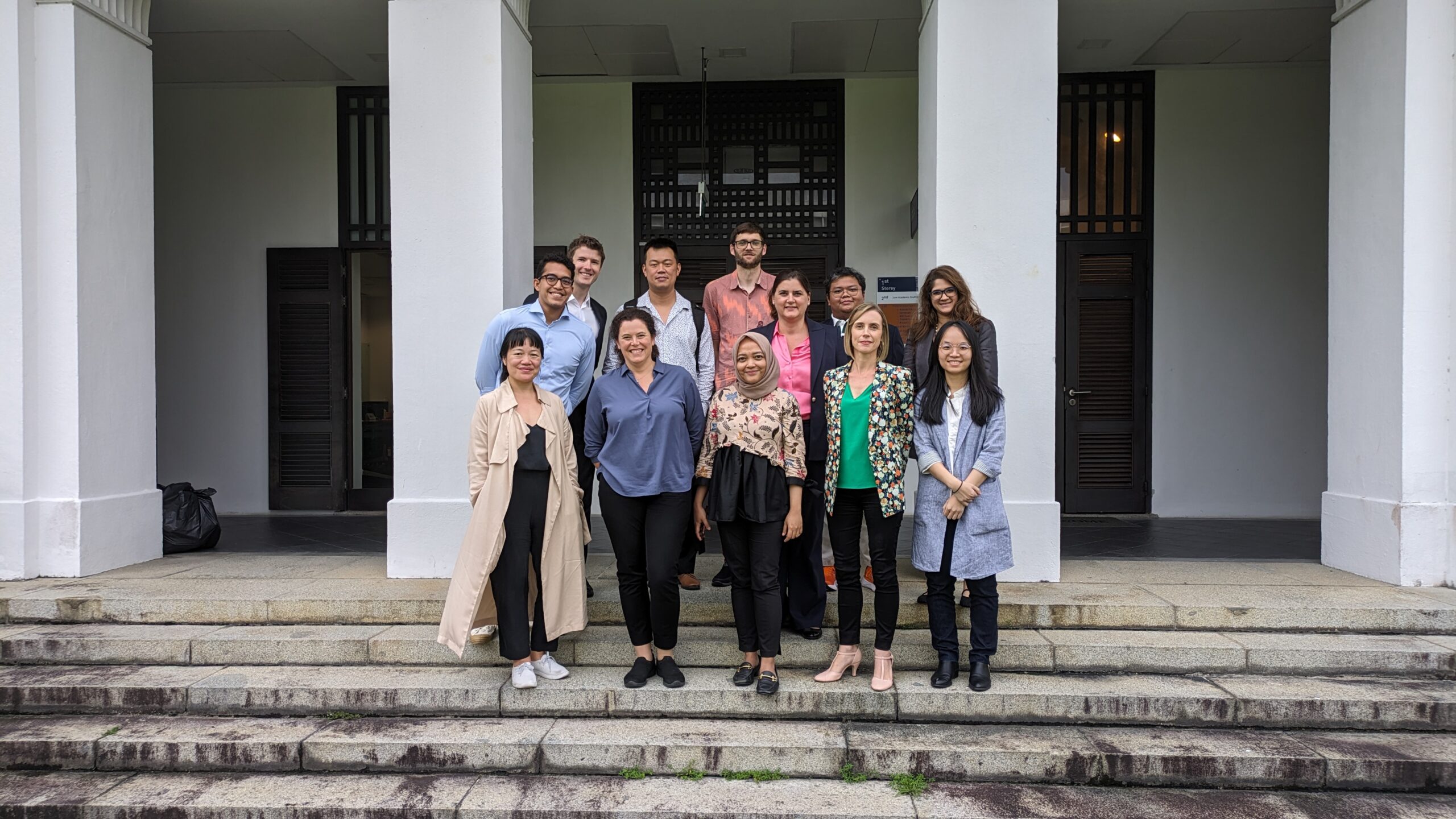CIL NUS-UNSW Sydney Workshop on Addressing the Human Rights of Fishers in Southeast Asia, 25 October 2023
Investigative reports have exposed the tragic working conditions experienced by some fishers in Southeast Asia. These fishers often find themselves labouring nearly around the clock with minimal access to essential provisions like food, water, and medical care. The situation is exacerbated by instances where those in need of medical assistance are abandoned at sea. To make matters worse, fishers are susceptible to various forms of abuse, including physical and sexual, inflicted by the vessel’s master or fellow crew members. The inability to leave the vessel compounds the abuses endured by these individuals, particularly considering the prolonged durations fishing vessels spend at sea.
These alarming conditions intersect with and is compounded by the ‘sea blindness’ of the maritime environment that hinders the proper recognition of human rights at sea. As recognized in existing scholarly work and the Geneva Declaration of Human Rights at Sea, there are lacunae in understanding when and how human rights obligations should be upheld in maritime contexts. The allocation of authority among different states in ocean areas complicates determining which state bears obligations in any given scenario, thereby providing states with an excuse for not taking action to protect the victims of human rights abuses at sea.
In response to these challenges, the Centre for International Law (CIL) of the National University of Singapore (NUS) and the University of New South Wales (UNSW) Sydney jointly organised a “Workshop on Addressing the Human Rights of Fishers in Southeast Asia” on October 25, 2023. This workshop, held in person at the Federal Conference Room, NUS Bukit Timah Campus, Singapore, aims to investigate the legal opportunities and obstacles surrounding the issue of forced labour and human trafficking in the Southeast Asian fishing industry. The workshop, viewed through the lens of the law of the sea, also explored the intersection with international human rights law. During the event, seven draft articles in various stages of development were discussed, with the ultimate goal of publishing these papers in a special issue of a journal.
With a more focused lens on the working conditions of fishers in Southeast Asia, numerous legal questions were discussed during the workshop. These questions revolve around which states may or must exercise authority in areas both within and beyond national jurisdiction, the imposition of licensing conditions for vessels operating within the exclusive economic zone, the responsibilities of port states when concerns of human rights violations surface concerning fishing vessels, the role of Regional Fisheries Management Organisations (RFMOs) to protect fishers at sea, potential reforms to the regulation of at-sea fish transshipment and offshore bunkering to protect the fishers at sea, the institutional challenges to address human rights abuses in the Southeast Asian fishing industry, and the implementation of market-based measures to enhance human rights protection for fishers.


